MercoPress. South Atlantic News Agency
Tag: Cuba
-
Saturday, November 24th 2018 - 06:54 UTC
Brazil says it has covered 84% of vacancies left by the Cuban doctors
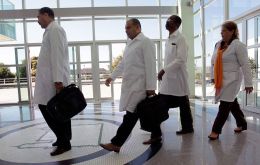
As Cuban doctors in Brazil begin to head home amid a diplomatic spat between Havana and the Brazilian far-right president-elect, the health ministry of the country said nearly 84% of the resulting vacancies had already been filled.
-
Friday, November 23rd 2018 - 17:49 UTC
Cuba agrees to discuss human rights with Spain
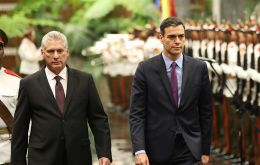
The governments of Spain and Cuba Thursday signed a memorandum of political consultations in Havanna which clears the path to talks regarding human rights, it was reported.
-
Thursday, November 22nd 2018 - 09:27 UTC
Trump administration considering imposing sanctions on Cuban military for helping repression in Venezuela
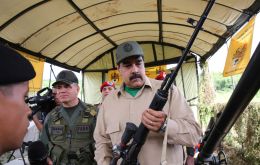
The Trump administration is considering imposing sanctions on Cuban military and intelligence officials who it says are helping Venezuela ’s government crackdown on dissent. Such sanctions would be the first time Washington has targeted a bloc of foreign officials allied with Venezuelan President Nicolas Maduro.
-
Thursday, November 22nd 2018 - 09:13 UTC
Brazil's secret dealings to contract Cuban physicians to work in the More Doctors program
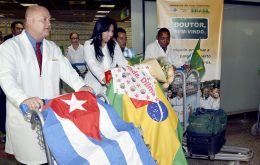
Folha de Sao Paulo a leading Brazilian daily has revealed the secret negotiations between the administration of ex-president Dilma Rousseff and the Cuban government to contract Cuban doctors to work in Brazil.
-
Tuesday, November 6th 2018 - 08:58 UTC
Cuban economy again on the downturn; austerity measures to continue into 2019
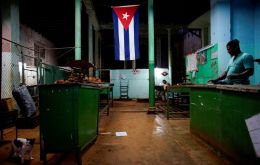
Communist-run Cuba’s economic growth will come in at around 1% this year, compared with the 2% previously forecast, due to a fall in exports and tourism revenue, state-run media reported over the weekend. The Caribbean island’s gross domestic product grew 1.8% last year and 0.5% in 2016.
-
Saturday, November 3rd 2018 - 23:57 UTC
Russia to help Cuba finance acquisition of military equipment
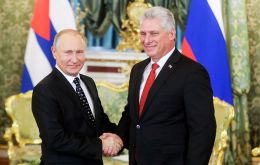
Russia has agreed to assist Cuba purchase modern weaponry by means of a 38-million-euro credit line, Deputy Finance Minister Sergei Storchak explained Friday after talks between Presidents Vladimir Putin and Miguel Diaz-Canel Bermudez at the Kremlin.
-
Saturday, November 3rd 2018 - 06:30 UTC
Havana reacts to new Trump sanctions: “they will not break the will of Cubans”
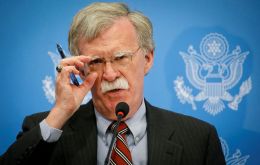
Cuba on Friday said new sanctions planned by the United States were a futile attempt to change its policies and would only further isolate Washington internationally.
-
Friday, November 2nd 2018 - 09:05 UTC
More US sanctions on the “troika of tyranny” and its three dictator “stooges”

United States imposed new sanctions Thursday on Venezuela and Cuba and promised additional penalties against Nicaragua as the Trump administration laid out a hard-line policy toward countries the White House branded a “troika of tyranny.”
-
Saturday, October 13th 2018 - 13:13 UTC
Cuba back to tobacco production after Hurricane Michael
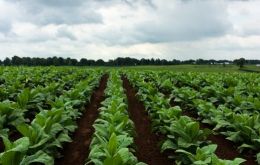
Cuba's tobacco planting season began this past week in the central Sancti Spiritus province, the country's second largest tobacco producer, while work to repair the damages caused by Hurricane Michael has commenced.
-
Thursday, August 9th 2018 - 08:15 UTC
Cuban private farmers given more incentives to increase production
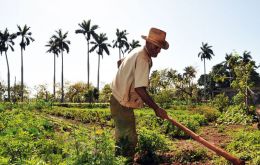
Cuba said this week it was doubling the amount of land it granted would-be farmers and the lengths of their leases in an effort to increase stagnating agricultural output. The state owns 80% of the land and leases most of that to farmers and cooperatives. The remainder is owned by some 400,000 private family farmers and their cooperatives.
